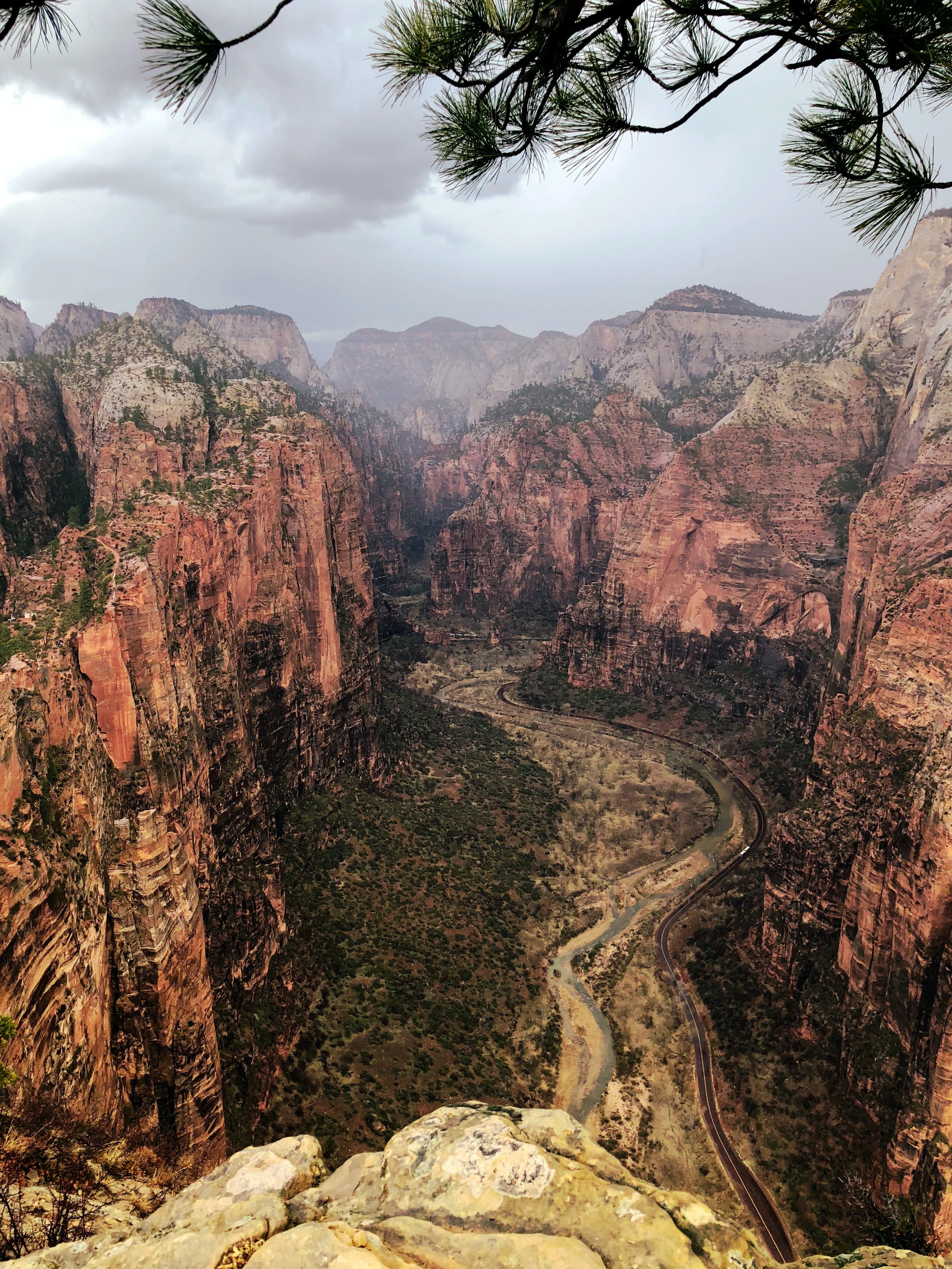The Past Is a Different Country
Sometimes, I feel like Wile E. Coyote in those old roadrunner cartoons, when he chases the clever bird over the edge of a cliff and keeps going, as if he still has the ground beneath him. He stops in midair, looks down, sees the abyss below, looks at the viewer; only now does gravity kick in, and he careens to the bottom of the chasm. Splat.
A border is like that—a moment of inertia, a transition from one state to another. For the coyote, it’s not a happy transition. For some, it can be an escape, as it was for my mother when her family fled Belfast for the Free State in 1922, and as it is today for Ukrainian refugees fleeing war. For others, it is a business transaction, as it was for many of us amateur smugglers when there was a physical border separating North and South. Not everyone was amateur, though: many stories made their living on arbitrage by shipping anything—petrol, sugar, pigs— back and forth. For still others, its very existence is offensive, as it was when borderers blew up border installations as soon as they were erected by British troops.
For me, the border was a portal to a different world. We used to look to the North as a haven of liberalism, wealth and enlightenment compared to our Catholic-Taliban Republic. Suffering, we were told, was a virtue, a message reinforced by regular beatings at the hands of Christian Brothers and their ilk. But across that line, they had free orange juice at school, contraception, and health care for all.
In the sixties, when we went to Newry for groceries, I would be let loose to roam the town. I immediately headed for the newsagents, where I could buy Galaxy chocolate, which I knew would taste smoother than you ever dreamed, and Maltesers, which melted in your mouth, not in your hand. I knew this because, living near the border, I could see them advertised on British TV. I would buy comics, the Hotspur, the Beano and the Dandy, to read and re-read over again. On the streets, red telephone boxes, the Union Jack, and images of the sparkling queen, in place of the Pope, Pádraig Pearse and JFK, our own king of sorts. And I would see sinister men on street corners cradling submachine guns: the B-specials. I knew nothing of them, except that they were “black”—referring not to their ethnicity, but to their Protestantism, which meant I should be afraid of them. I avoided their gaze and quickly passed on.
The Troubles eventually put a stop to the grocery run. In the space of a few months, it became too risky to be seen driving a car in the North with southern plates. The border now became a wall rather than a portal.
After I emigrated to England, in 1974, it all came to mean little to me other than as a subject I could hold forth about in pubs. I had little empathy for those whose lives were being torn apart as I pontificated to the ignorant Brits.
All’s different now, yet somehow the same. The South is liberal and wealthy, though it might be a stretch to call it enlightened. The phantom border—no longer there, but nonetheless real—is a zombie that won’t completely die, feeding on the brains of those who live along its length. What is it like there now? How does it feel to be a borderer, to live in liminal space? Is it like the coyote, defying gravity as long as you don’t look down? If you try to forget the past, can you create the future?
I have little nostalgia for my childhood home: its everyday violence, its obsession with past rivalries, its Taliban Catholicism. I long ago accepted L.P. Hartley’s aphorism that the past is a different country—yet Ireland is not finished with me. As I revisit the village where I grew up, I want to understand what it is to live on a border between the past and the future, where love, hate, hope and despair intersect.
